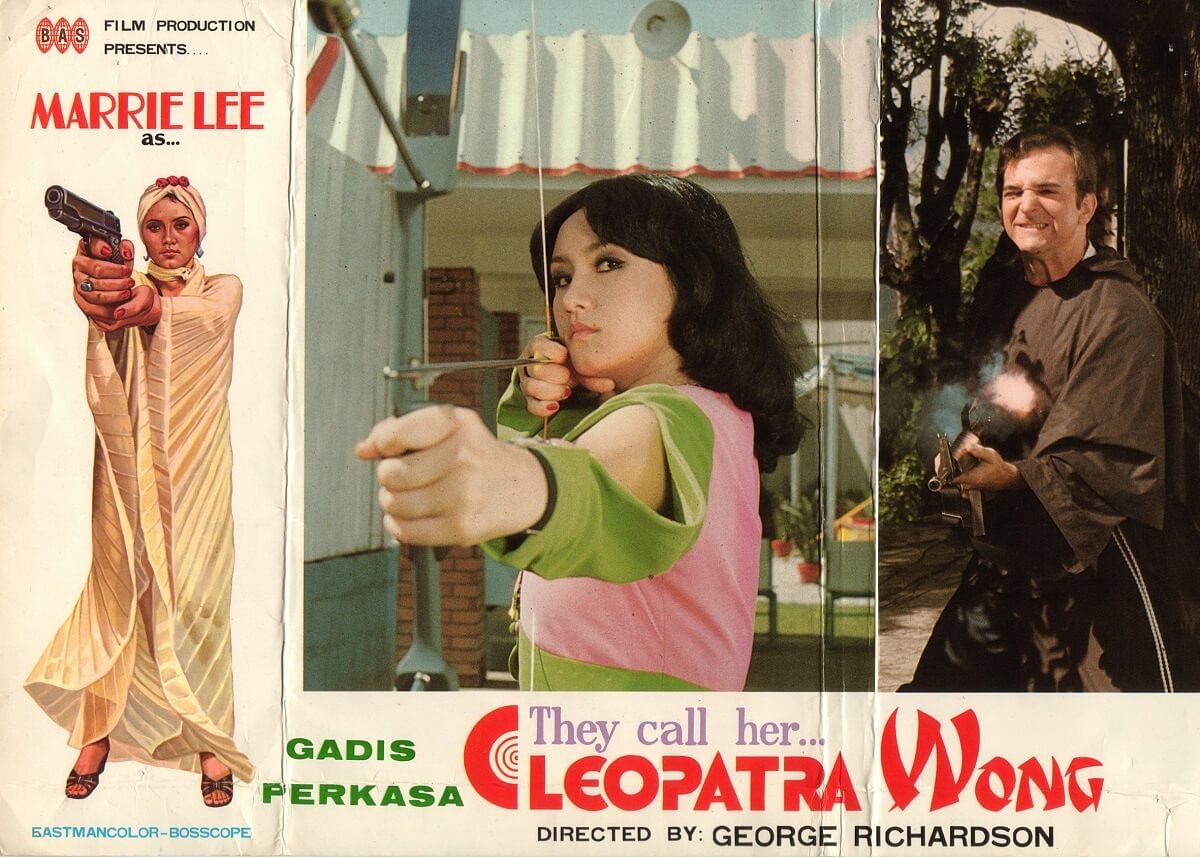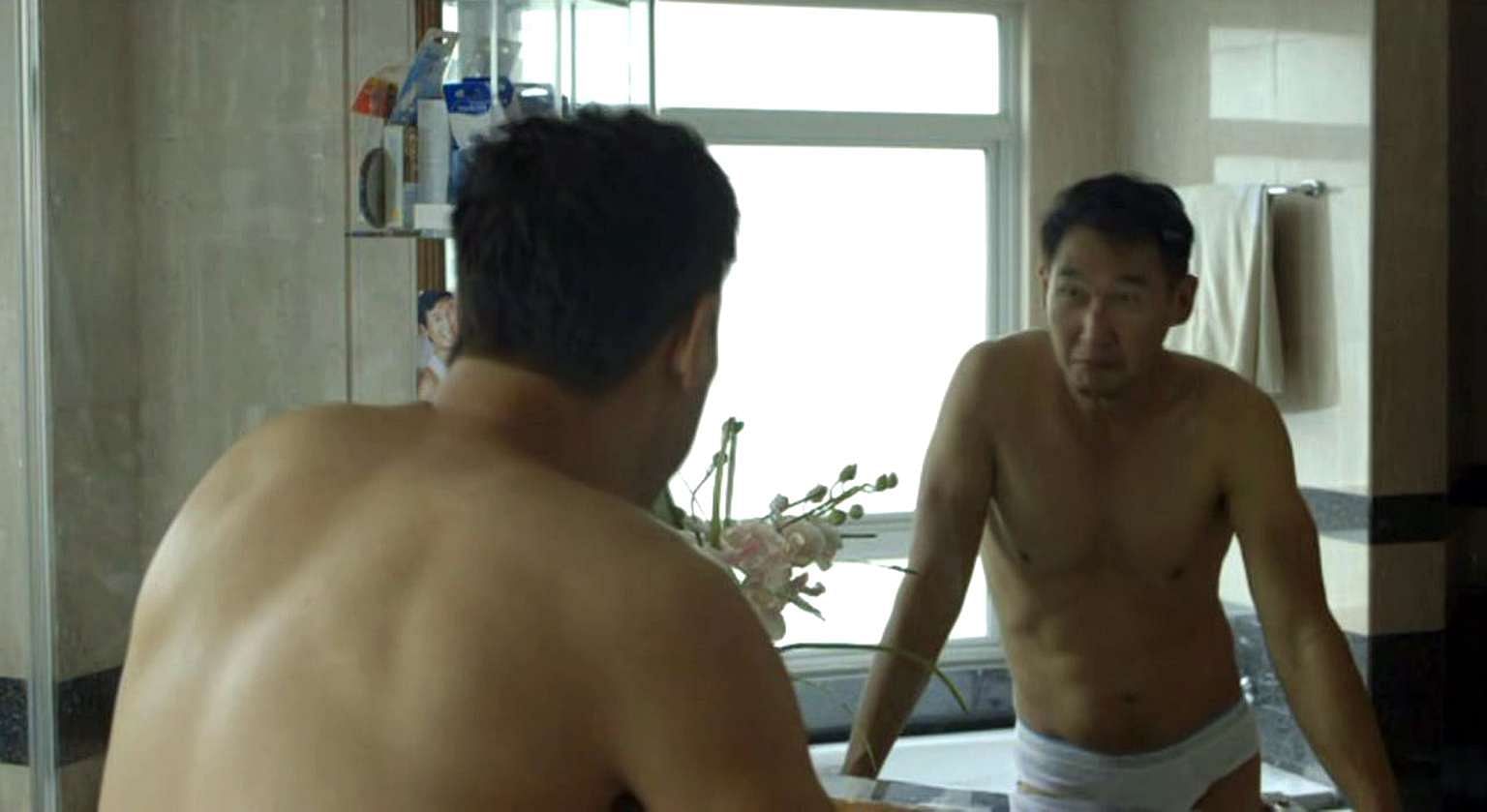Switch to the silver screen
Making films can be an expensive and technical endeavour, but here are three amateurs who have managed to do it, and what’s more, at a later stage in life.

Who has not dreamt of making a movie?
But the barriers seem forbiddingly high - it can be an expensive, time-consuming and highly technical business, with the possibility that the result will be ignored or, worse, mocked.
Here are three Singaporeans who did not go to film school, did not get their start in the cliques and networks of the industry, and who started late - in two cases, very late.
Two worked in banks, one was a screen sensation 40 years ago. They all heard the call to make films.
They have submitted their works, short films and full-length movies to local and international festivals.
Film-maker Jasmine Ng, 44, says that many people whom she has taught in film-making courses for seniors have expressed a desire to create video works using new, cheaper digital products that did not exist until a decade ago.
And do not dismiss these older amateurs as dabblers making vanity projects, dreaming of being the next Martin Scorsese or Lee Ang, she says.
"There are easier ways to get famous. Getting famous through films is a very hard way to do it," adds Ng, the co-director of Eating Air (1999, with Kelvin Tong) and cancer survivor documentary Pink Paddlers (2007).
"It still takes a lot of hard work. Hats off to them for trying."
1970s action star films zombie movie in her 50s

Ms Doris Young is not exactly a newcomer to the world of movies.
In a series of cheap and cheerful action flicks released in the 1970s, she played the karate-chopping, motorbike-riding, gun-toting Cleopatra Wong. The character was a woman who "purrs like a kitten, makes love like a siren, fights like a panther - she is the deadliest, meanest and sexiest secret agent!", said one movie poster.
Now 57 and living with the aftermath of a stroke and Bell's palsy, she is ready for her next stage in life - as a maker of feature films.
Ms Young and her film-making team, a group of mostly self-taught volunteers called Reel Frenz, were in Hanoi last week, where their comedy drama Certified Dead was screening at the Hanoi International Film Festival.
Written and directed by Young under her stage name Marrie Lee, the film tells the story of Ian (played by Michael Chua), a middle-aged man married to a younger woman Megan (Vanessa Tan). Fearing the ruin of old age, he takes an experimental serum. It makes him immortal, with one catch - he becomes a zombie.
The idea for the film came when she lay in hospital in 2013, recovering from the double whammy of the stroke and Bell's palsy, which paralysed parts of her face.
"I thought I was going to die," says Ms Young, who is thrice-married with five step-children. She is now single.
She had flirted with the idea of learning to make a full-length feature film and felt it was now or never.
"I wrote Certified Dead because I thought I was certified dead," she says. It was shot on weekends over seven months as her Reel Frenz volunteers have full-time jobs.

The project raised $5,000 on crowdfunding site Indiegogo and the rest of the movie's $41,000 budget came from business contacts found through Tisco, the health supplements company she has owned for more than 20 years.
Almost half the money was spent on food for the cast and crew.
"You're not paying them, so you have to feed them or they get angry," she says.
She is proud of the film, but is aware of its technical weaknesses and feels it is not quite ready for a cinema release. But the Reel Frenz team learnt a lot from it and are ready to tackle their next project, a crime thriller called 7 Bullets, which she will write and direct.
She is aware that festivals and government funding bodies are less inclined to give support to someone of her age and experience.
"I guess I will have to learn to do it my way. If I have to, I will break more piggy banks until I make a film that people will pay money to watch."
Former bank executive hires theatre to screen his own movies

Two young men, wearing only briefs, lie in bed. They talk pensively about love and leaving. The action moves out onto the street, where one of them runs into a random troupe of mimes.
The short film One Sunny Morning is definitely challenging, but its maker, 66-year-old Lim Beng Kooi - who prefers to be called BK Lim - makes no apologies for its artiness.
The fan of European arthouse directors such as Ingmar Bergman and Bela Tarr made his first short film in 2004, just after he left his career as a corporate bank executive due to the immune disorder Guillain-Barre Syndrome, which causes muscle weakness and pain.
"The medicines keep me alive," he says, but keeping alive was not enough for him.
He had the passion for films and the money to make them, and when friends offered to help find the technical resources he needed, the father of three grown sons decided to go for it.
One Sunny Morning, starring Keagan Kang and Nicholas Bloodworth, was made in 2011. A fulllength documentary, Personas, came out shortly after, featuring actors Bloodworth, Jerry Hoh and Sunny Pang speaking about their lives.
His last work, Cine Twilight, a short about actors' insecurities, came out in 2012.
Throughout, he was given plenty of encouragement by his wife of 41 years, Gaik Lim, 63, a management consultant, he says.
He is glad he made the films and is proud of them, but the experience of spending so much time, love and tens of thousands of dollars on films that festival curators here and overseas have ignored, has sobered him somewhat.
"I spent a couple of thousands of dollars on couriers sending One Sunny Morning to festivals. Ninetynine per cent of them rejected it. For Cine Twilight and Personas, not a single one picked them up," he says.
In the end, in 2012, he hired the theatre at Alliance Francaise to screen Personas and Cine Twilight.
About 200 people showed up, making it almost a full house, for which he is happy and grateful.
But the experience of having to hire a theatre himself to screen his films was "harrowing".
"It was just short of begging," he says. But he was supported by members of the local film-making community, such as director Anthony Chen, before Ilo Ilo made him famous.
There is an uplifting coda to his story, however.
Cine Twilight and One Sunny Morning are on streaming sites Vimeo and Viddsee. One day, he saw a note telling him that Cine Twilight had been selected for a tiny grassroots festival in Berlin and would be screened in a cafe, on a wall. He saw photos of the screening.
"There were a dozen people in that little cafe, watching. That is the most sincere form of appreciation. It moved me tremendously."
Bank executive swept floors to learn film-making

Former bank executive Ellie Ngim, 31, is living her dream - she is making films for a living now.
After she left her job, she used to take part-time courses in the craft and, for a time, was picking up skills from the ground up - literally.
"I got really good at sweeping floors," says the graduate of the London School of Economics. Her job as a production assistant on film sets also saw her ironing costumes, for $120 a day, if she was lucky.
But what mattered most to her was watching and talking to the crew and learning how they worked as a unit.
"I always wanted to go to film school, but never did, because of practical reasons," she says. So she joined the finance industry after graduation, in 2008.
Three years later, she decided to follow her heart. She considered film school, but friends in the industry told her it would be better to get practical experience in the industry at the bottom rung of the ladder as a production assistant.
But after a few months of sweeping floors, she went back to a job at the bank.
"My money ran out," she says.
At the bank, she has held positions as an analyst, a relationship manager and a project manager.
But Ms Ngim, who is single, was hooked on the creative ferment of the film set and spent weekends and holidays crewing with teams, making corporate videos and commercials. Her responsibilities grew and she rose to an assistant director.
She began to write screenplays and applied for a grant from the then Media Development Authority to turn one into a short film. She got it. Because of her experience in finance, she assumed that her entry into film-making might be as a producer, the person who handles budgets and logistics.
But a friend convinced her that she should see her vision through to its completion. So her first short film, Onee-Chan, about a fractured family seen through the eyes of a little girl, was made in 2012.
The next short she wrote and directed was Lollipop Love (2013), about two children in a hospital who become fast friends. Both films were selected for screenings at overseas festivals.
Now a director with production house Bert Pictures, she is helming her first feature, a telemovie for StarHub titled Uplift.
A drama comedy about a girl who dreams of becoming a weightlifter, it was written by screenwriter Andrew Ngin Chiang Meng.
This stemmed from her decision to leave her banking job in April. She agonised about making the jump for months.
Then she asked for her father's opinion on whether it is wise giving up a lucrative job to turn her hobby into a profession. His reply made a lot of sense to her.
"He said, 'The worst that could happen is, bankrupt lor.' And I thought, that's a good point."
Join ST's Telegram channel and get the latest breaking news delivered to you.
A version of this article appeared in the print edition of The Sunday Times on November 06, 2016, with the headline Switch to the silver screen. Subscribe

